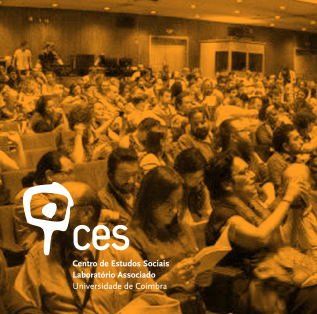Seminar
Quilombola School Education: Brazilian education diversity policies and impasses in recognition
Shirley Aparecida de Miranda (CES)
October 15, 2015, 15h00
Room 1, CES-Coimbra
Abstract
Recognition in the legal apparatus has been and indelible issue of identity policies, in Brazil named “diversity policies”, namely in the field of education. Since 2010 these policies have included provisions to guarantee the rights of the remaining quilombos communities – or quilombola education, as designation of the National Curriculum Guidelines for Quilombo School Education (CNE/CEB No. 8/2012). The formulation of this legal provision reiterates the recognition of this specific group in the national civilization process. However, the reinstatement of components that embody the ideal Brazilian nation in the legal apparatus, in public policy and in the various systems that consolidate social representations triggers conflicts of many orders. Part of these conflicts ensue from the displacement of an invisibility actively produced for a legally established presence.
In the case of quilombola school education we are dealing with the meaning “remnant quilombo community”,which resulted in an amalgam formulated to account for the great diversity of land access processes by the enslaved black population. These are groups that now have official recognition of identity and culture, groups that could not be confused with the historical quilombos nor associated with them merely in terms of ancestry. These are territorialities that combine identity variations that are not always named. This seminar presents formulations produced from the post-doctoral research conducted at CES: Dimensões do reconhecimento em políticas de diferença/diversidade na educação brasileira: saberes, territórios e intersecções [Dimensions of recognition in Brazilian education difference/diversity policies: knowledges, territories and intersections]. The seminar will stress on the impasses concerning the self-declaration provision, the agency of the quilombo communities in the mobilization of legal instruments and their impact on educational dynamics.
Bio note
Shirley Aparecida de Miranda - Holds a degree in Philosophy from the Catholic University of Minas Gerais (1993), MA in Education from the Federal University of Minas Gerais (1998) and PhD in Education from the Federal University of Minas Gerais (2008). Associate Professor of the Faculty of Education of the Federal University of Minas Gerais, School Administration Department. Coordinator Member of the Affirmative Action Programme at UFMG. Member of the faculty team of the Training Course for Intercultural Indigenous Educators (BA degree). Conducts research on educational policies and ethno-racial and cultural diversity with a focus on indigenous education and quilombola education, thematising relations of power-knowledge and gender
Activity within the Democracy, Citizenship and Law Research Group (DECIDe)


